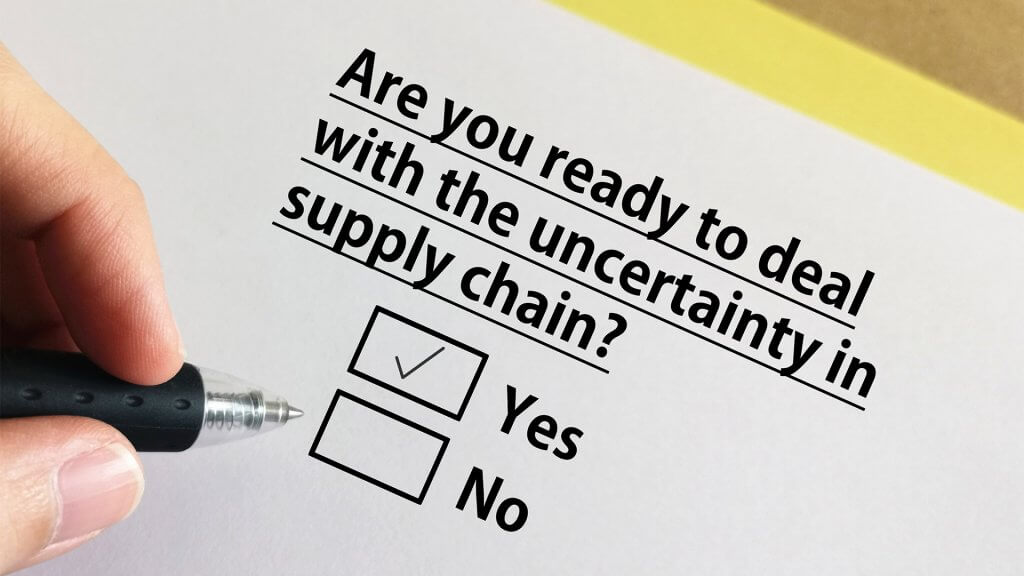Business growth is a fundamental aim, but one often trammelled by specific logistical or demographic barriers. International expansion is one way to circumvent these barriers and an exciting way to take a business into a new era. But international expansion is a difficult process; how should you approach it?
Due Diligence
Before you begin to draft a formal expansion plan, you will need to carry out research and analysis on the specific locations into which you intend to expand. This is a multifarious process, and one which should give you a clear picture of the market in your target territories – and the space your business could occupy, if any. Your research should include two vital forms of analysis: SWOT analysis and gap analysis.
SWOT stands for Strengths, Weaknesses, Opportunities and Threats, and provides a robust framework through which to examine the market in your intended areas of expansion. This analysis is often best outsourced, especially where knowledge of local markets and competition is minimal; if finances are tight, a business cash advance can help you unlock funds for research which will be recouped following expansion.
Gap analysis, meanwhile, is an internal process that examines the internal structure of your business, and its readiness for expansion. Gap analysis can help you identify weak links in the chain, and better brace your business for the growth it is about to experience. It can also help you with future pivots to better suit the needs of local demographics.
Planning
With the preliminary research conducted and complete, the next step is to craft a comprehensive expansion plan. There are various factors you will need to contend with and needs that will need to be met in order to guarantee the smoothest possible expansion.
There are logistical issues to solve, including business regulations in your target territory and the hiring or emigration of staff. There are funding implications for specific needs, and schedule to plan for the production or delivery of local supplies. Assigning a ‘beachhead team’ to overseeing the expansion and managing the creation of an international branch can ensure results and accountability.
Organisational Processes
In the formation of localised branches, it is important to pay close attention to building a team effectively. On top of differences in legislation and regulation, there will be cultural differences with which to contend. These cultural differences could alter your business’ hiring approach or render any roles you are tendering uncompetitive against local businesses.
Expansion Partners
Expansion can be especially difficult to manage alone, even with a beachhead team of trusted managers to oversee the logistics. External advice will already have been useful in the research stage, but collaboration with another business partner or industry leader can assist with navigating the expansion process itself. This can materialise through assistance in understanding the market, or through lobbying local government to assist your expansion into their jurisdiction.
Business Tax
Lastly, as a business owner within the European Union (EU), you must be concerned with the rules on company tax of the country you plan to operate in. This also includes knowing how to register for business tax and prepare a business tax return. Specific rules can apply if you have your main country operating within one country and smaller parts or subsidiaries of the business in others – it is important to know how to deal with and reduce tax issues, such as double taxation and cross-border profit distributions between the businesses.






























